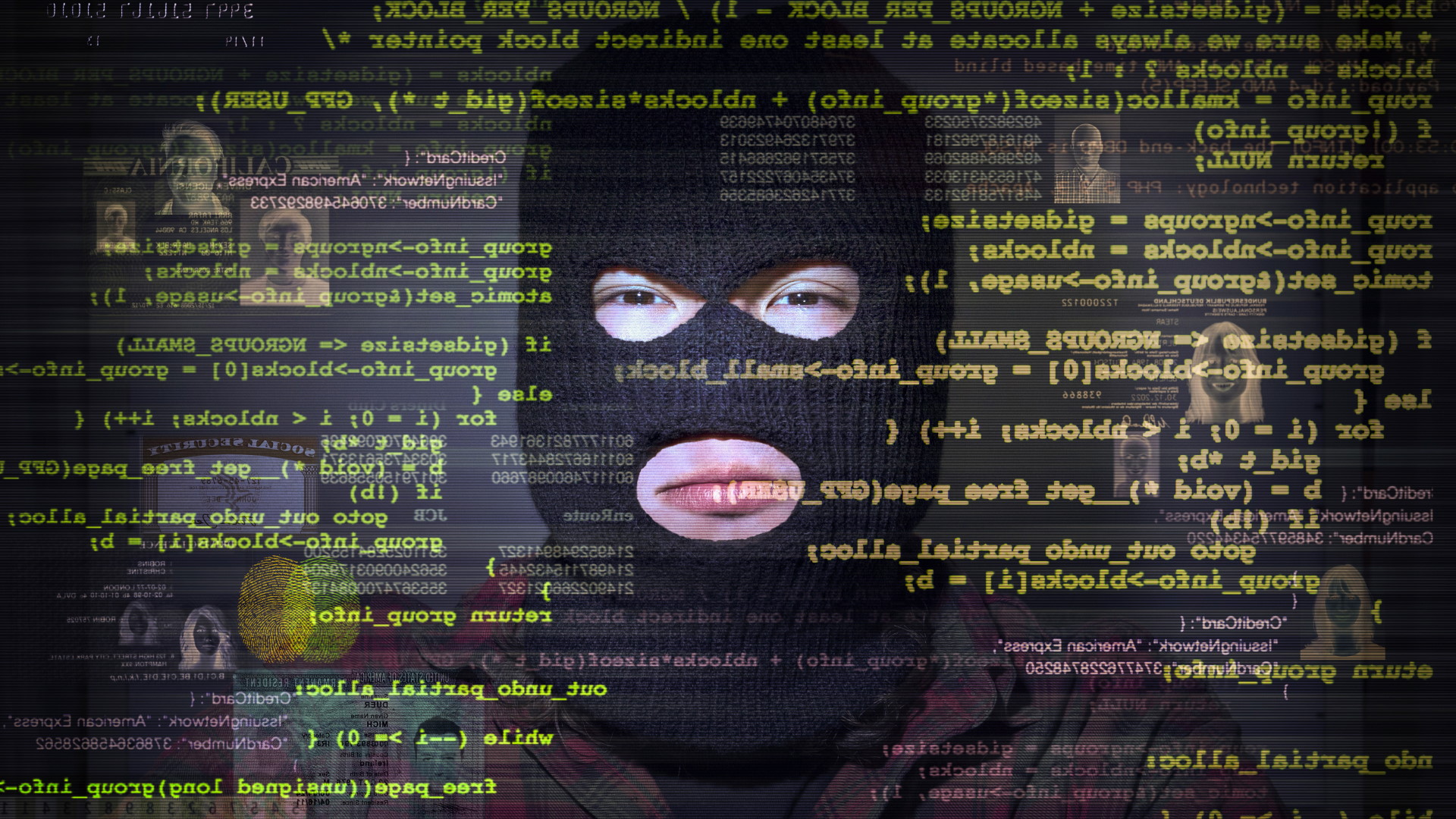Costa Rica declared national emergency after massive hack
The attack may affect tax payers all over the nation.

If you've ever needed proof that cyber attacks are a very real and devastating thing, the entire country of Costa Rica has declared a national emergency after being bombarded with digital attacks.
Bleeping Computer reports that the Costa Rican President, Rodrigo Chaves, has officially announced a state of emergency for the nation. This comes after a huge attack from the Conti ransomware group which has ties to the Wizard Spider cybercrime syndicate responsible for many attacks including malware like Ryuk which targets hospitals. Generally speaking, these are some really bad dudes who have no plans to rescue President Chaves.
After the initial attack, the offending group Conti had demanded a $10 million ransom from the Costa Rican Finance Ministry which went unpaid. In response, Conti has reportedly released 97% of the total 672 GB data stolen from the Costa Rican government.
The Ministry of Finance is also yet to fully confirm the exact breadth of the attack, which includes what personal data from taxpayers that may have been gathered. It could well be that personal data from many Costa Rican citizens has been gathered by these bad actors. That's a huge privacy breach potentially affecting an entire country, so it's no surprise this state of emergency has been called.

How to buy a graphics card: tips on buying a graphics card in the barren silicon landscape that is 2021
"The attack that Costa Rica is suffering from cybercriminals, cyberterrorists is declared a national emergency and we are signing this decree, precisely, to declare a state of national emergency in the entire public sector of the Costa Rican State and allow our society to respond to these attacks as criminal acts," said the President, accompanied by Minister of the Presidency, Natalia Díaz, and the Minister of Science, Innovation, Technology and Telecommunications (Micitt), Carlos Alvarado.
Currently only one individual threat actor known as UNC1756 has taken responsibility for the attack. They have threatened additional attacks as ransoms have gone unpaid and has stated that these will be more serious. So there's even more reason for Costa Rica to be especially vigilant at this time.
"We signed the decree so that the country can defend itself from the criminal attack that cybercriminals are making us. That is an attack on the Homeland and we signed the decree to have a better way of defending ourselves," said President Chaves.
The biggest gaming news, reviews and hardware deals
Keep up to date with the most important stories and the best deals, as picked by the PC Gamer team.
Though bad news for many, the United States government is offering a $10 million dollar reward for information that may help identify or locate those responsible for the attacks. A further $5 million is on offer if this leads to arrest or conviction. At this point, it could be more immediately lucrative for UNC1756 to turn themselves in. We certainly recommend it, at least.
Once again this is proof that attacks like these are far from a thing of the past. Ransomware is still cropping up in emails and all sorts to catch people unawares, and things may only get worse once quantum computing really takes off.

Hope’s been writing about games for about a decade, starting out way back when on the Australian Nintendo fan site Vooks.net. Since then, she’s talked far too much about games and tech for publications such as Techlife, Byteside, IGN, and GameSpot. Of course there’s also here at PC Gamer, where she gets to indulge her inner hardware nerd with news and reviews. You can usually find Hope fawning over some art, tech, or likely a wonderful combination of them both and where relevant she’ll share them with you here. When she’s not writing about the amazing creations of others, she’s working on what she hopes will one day be her own. You can find her fictional chill out ambient far future sci-fi radio show/album/listening experience podcast right here. No, she’s not kidding.

